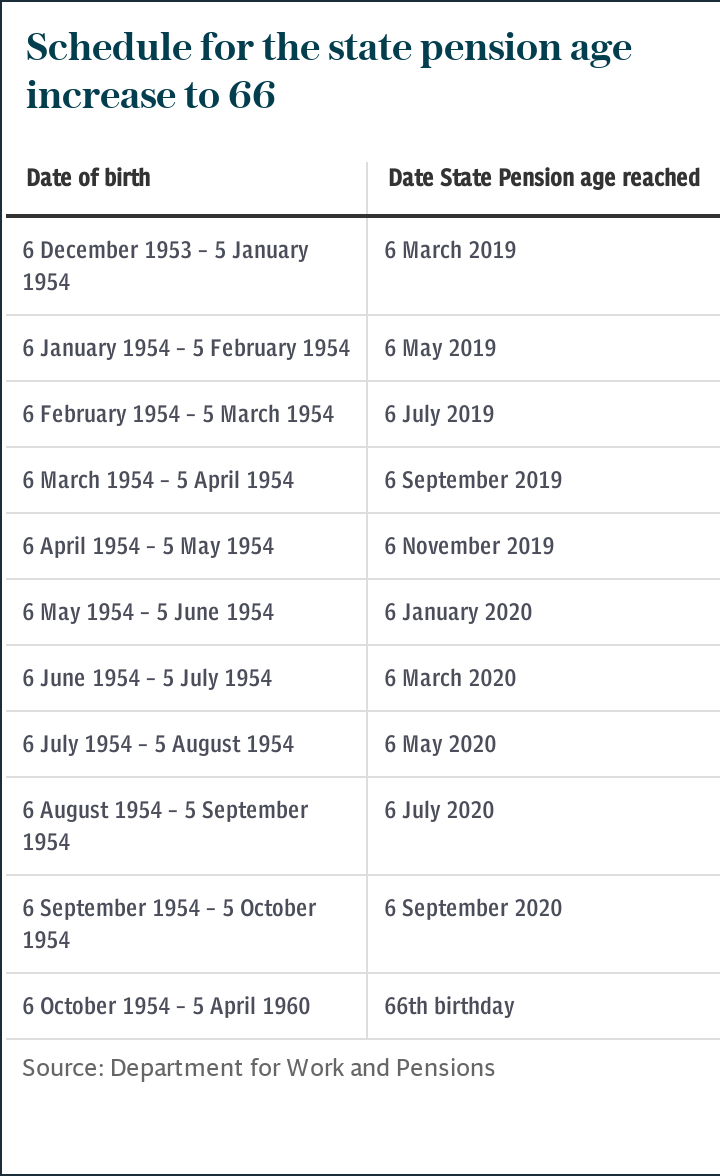Extending retirement age risks piling pressure on NHS

Extending the retirement age to cut down on pension costs risks backfiring by piling more pressure on the NHS, new research warns.
Economists found the rise in the state pension age “substantially” reduced the informal care provided to elderly parents by older workers, threatening to worsen Britain's mounting social care pressures.
Ministers have sought to cushion the blow of an ageing population on the public finances by extending working lives.
However, declining care from relatives leads to “greater pressures on the NHS” and increases the cost for health services, warned the report led by Ludovico Carrino, a research fellow at King’s College London.
Watch: Women on pensions as low as £1 a week could be owed 'lottery-winning' sums in back payments
The study followed more than 7,000 women in the UK aged 55 to 65 and found that longer working hours cut the probability of them providing “intensive” or “meaningful” care. Increasing working time by 10 hours a week for this key group of carers reduced the care given by about 2.1 hours a week.
This fall in care from within families is set to “lead to higher unmet need, increasing the demand and costs for health services later in life”, Mr Carrino said in the report presented at this week's Royal Economic Society conference.
The overall gain from the Government extending working lives therefore could be "smaller than anticipated" by officials. “The study highlights the fact that policies should not be considered in institutional silos, but their overall welfare impact should be considered.”
With fertility rates falling, people living longer and the threat of a shrinking workforce looming, countries have pushed back retirement ages to save on pension costs. Higher pension and healthcare costs for an older population threaten to permanently ramp up public spending.

Sir Steve Webb, former pensions minister and partner at consultants LCP, said pension savings from a later retirement age are still likely to “dwarf” any extra healthcare costs. However, he urged the Government to consider the wider impact of extending working lives.
Sir Steve said many women “who have had to work longer as state pension ages have increased will have struggled to combine continued paid work with caring for an elderly relative”.
“If governments are going to raise pension ages, much more needs to be done to support people who will be working longer as a result,” he said.
“This includes more opportunity for flexible working and more chances to retrain to less physically demanding roles as people move to a second or third career.”
Mr Carrino added that employers could be encouraged to offer more flexible work arrangements for those with caring responsibilities to ease the problem.
The state pension age for men and women will rise to 67 by 2028 with recent increases saving the Government billions of pounds every year. The pension age for women, who largely shoulder the burden of caregiving, has risen from 60 to 66 in recent years.
Charity Carers UK estimated that most carers are women aged 50 to 64 with their duties often taking a toll on their careers.
A spokesperson for the Department for Work and Pensions: "Government committed in legislation to undertake a review of State Pension age every six years, to ensure that the State Pension is affordable, sustainable and fair. The deadline for the next Government State Pension age review is May 2023."
Watch: What is National Insurance and do I have to pay it?

